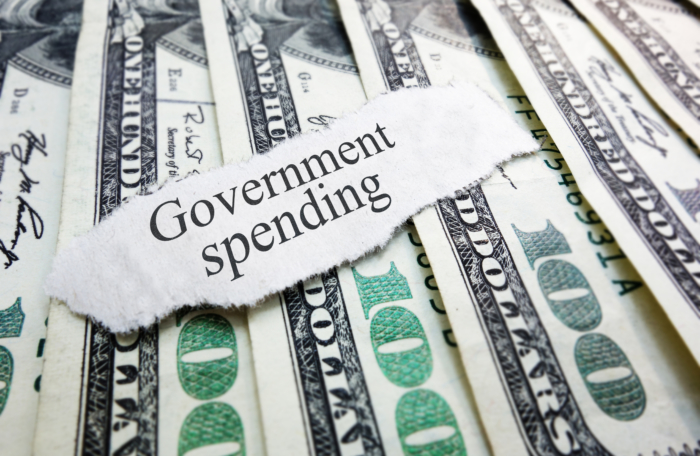House, Senate budgets spend & tax significantly more than governor’s
The budgets passed by the New Hampshire House and Senate propose significant spending increases that are unsustainable without tax increases. Unsurprisingly, both contain large tax increases to cover the costs of their higher spending. By contrast, Gov. Chris Sununu’s budget keeps spending to levels that are sustainable without raising taxes.
A Josiah Bartlett Center comparison of the governor’s budget proposal to the budgets that passed the House and Senate shows that the House would spend $320 million more than the governor in Fiscal Year 2020-21 General and Education Fund appropriations, while the Senate would spend $296 million more than the governor.
The governor’s budget would increase General and Education Trust Fund spending by 3.5% in FY20-21, compared to 10.8% for the House budget and 8.7% for the Senate budget.
Before counting the paid Family and Medical Leave program, the House budget proposes $268.1 million in tax increases for FY20-21, while the Senate budget proposes $158.6 million in tax increases over the biennium.
All three budgets included additional revenue from sports betting and from expanding the tobacco tax to cover electronic cigarettes.
The House and Senate budgets then add $168.6 million in payroll taxes to cover the cost of a state-run paid family and medical leave program, which is not part of the governor’s budget.
The full budget brief is available in pdf form here: Budget Visions 2020-21 House, Senate, Gov



